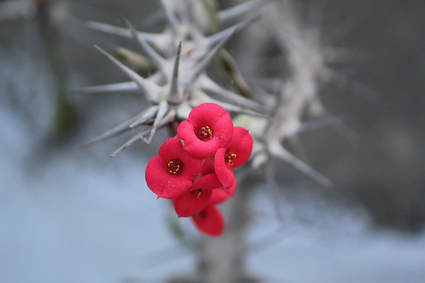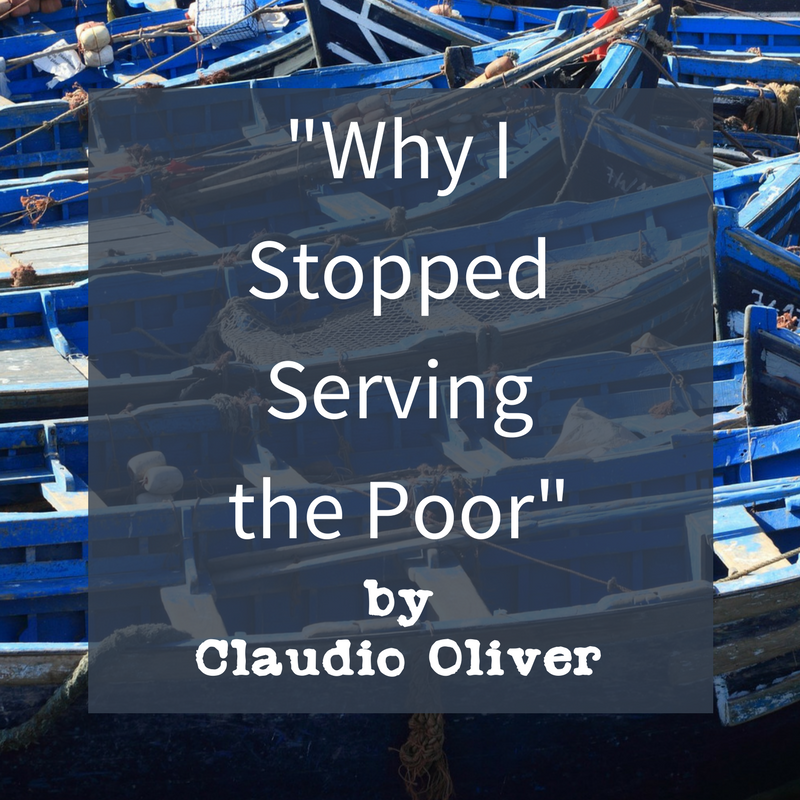 “…Where love is this capacity to be wounded. I’m really asking white people to learn how to love themselves at a different level. If loving oneself is linked to telling the truth about oneself, then risking the white self is having the capacity to love even more.” – George Yancy, from The Faith Angle podcast with Kirsten Powers & Jonathan Merritt. Maybe we white Americans don’t love those who don’t look like us because we don’t love ourselves enough. Loving our wounded selves requires honesty, reflection, and a resolve to move in a different direction. It requires so much more to love our wounded selves. It was much easier to love myself physically when the scale showed me my healthy weight. But after two children and a series of circumstantial life events, I am now heavier than I am comfortable with. It’s not easy to love my wounded self. It was much easier to love myself spiritually before I walked away from a church I was apart of for nearly a decade. It’s not easy to love my wounded spirit. It was much easier to love myself mentally before my honest blog delved into my own deconstruction of my faith, and blog readership and encouraging comments decreased. It’s not easy to love the broken writer within. It may not ever be “easy” to love oneself, but it’s much easier to love oneself when wounds are few (or hidden) and community comes easy. But easy community, in my experience, is surface-level. It’s community with plenty of—as my friend Craig Stewart says--rainbows covering our open wounds. If love is the capacity to be wounded, apathy is the capacity for the pretense of perfectionism. Yes, apathy is the capacity for the pretense of perfectionism. So we have a lot of apathetic communities, lying to themselves that they are good, they are whole, that change is needed only for forward movement, not for reflecting on past wounds. In a Letter to White America, Yancy challenges us to let go of our “white innocence, to use this letter as a mirror, one that refuses to show you what you want to see, one that demands that you look at the lies that you tell yourself so that you don’t feel the weight of responsibility for those who live under the yoke of whiteness, your whiteness.” I hope that we as White Americans, and better yet, as White Evangelicals can learn to love ourselves enough that we acknowledge white privilege, white power, white dominion, white systems, and white pedestals. Can we, as white evangelicals, learn to love ourselves enough that we teach our children the truth about our nation’s history even if our schools’ curriculums do not? Can we, as white evangelicals, learn to love ourselves enough that we learn to actively listen—not just waiting for our chance to interrupt—to the wounds, the discrimination, the racism, the misogyny that minorities have faced in the world, and more deeply in the church? Can we love ourselves enough, can we be comfortable enough in our own wounded skin to sit still and not immediately get defensive when others speak of their wounds? Can we love ourselves enough to reject the apathy of perfectionism, and to accept that we are very wounded. Can we love ourselves enough to accept that in tattooing ourselves with rainbows—which was itself painful—we have inflicted pain on so many others. Can we love ourselves as Christ loved us, full of imperfection and very much in need of being made whole? Can we, as white evangelicals, risk the white self and learn to love ourselves deeper, creating more capacity to love those who don’t look like us? When we learn to be honest about our own skin color, what all it represents—beyond extreme forms of racism—and what all we reap from it currently, maybe then we can be honest about black and brown skin, about experiences and systemic sin that has kept white skin on a pedestal dominating and domineering. My friend Craig is a white South African. In his article Rainbows Tattooed over Open Wounds, he says, “I avoid pain and brokenness, most especially that which is my own and that which is caused by me. This has been carefully cultivated in my life and reflects my personality, but it also mirrors the culture within which I’ve been raised. Western evangelical Christian culture avoids lament and has an almost pathological focus on achievement, celebration, victory and healing. … Culturally and theologically, western society avoids this path, and so we painted rainbows over the seeping wounds and sang Shosholoza together. The change we did see was remarkable and miraculous, but, in the end, we only dealt with the law of Apartheid and not the spirit that drove it.” Accepting my dual identity of both oppressor and oppressed as a white woman is a step toward seeing the spirit that drives my wounded skin, and I’m now on a path of learning how to be comfortable in the huge discomfort of what it means to be white. I’m grateful for the gift Yancy (and so many others) have given us white Americans. It’s an invitation to learn how to love my white skin by first understanding the fullness of what it is. To acknowledge, as Yancy said in the interview, that I am at best an anti-racist racist, and that my “comfort is linked to the pain and suffering [of people of color].” “In my heart, I’m done with the mask of sexism, though I’m tempted every day to wear it. And, there are times when it still gets the better of me,” Yancy said in his NYT article, pointing to his own wounded male skin and the fullness of what it is. Indeed, the gift of self-truth is one rarely offered in this world, but if we white evangelicals are actually going to work toward racial reconciliation—or conciliation or whatever else one wants to call it—we must not only accept this gift of self-truth, but openly embrace it.
0 Comments
Leave a Reply. |
Gena's
|

 RSS Feed
RSS Feed

